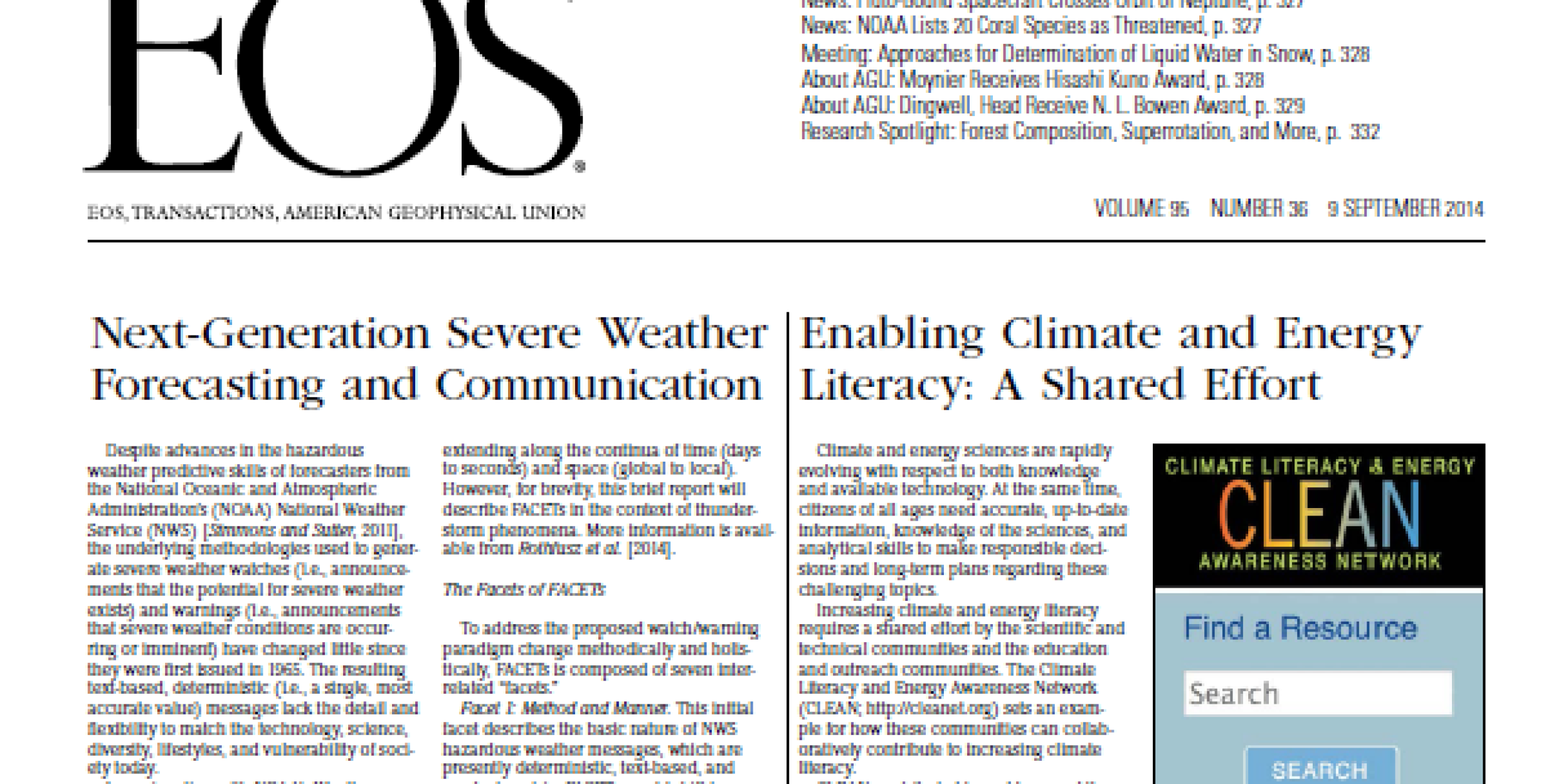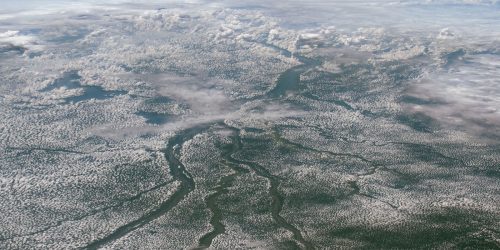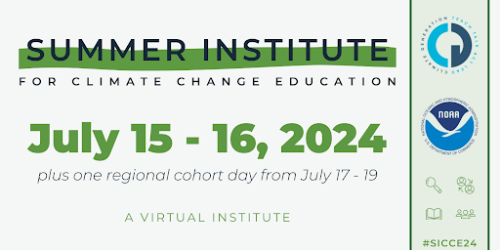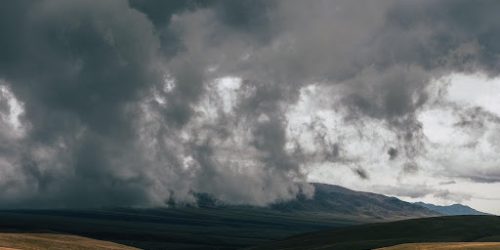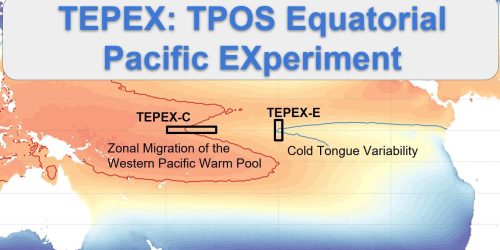

Climate and energy sciences are rapidly evolving with respect to both knowledge and available technology. At the same time, citizens of all ages need accurate, up-to-date information, knowledge of the sciences, and analytical skills to make responsible decisions and long-term plans regarding these challenging topics.
Below is an excerpt from the publication:
Increasing climate and energy literacy requires a shared effort by the scientific and technical communities and the education and outreach communities. The Climate Literacy and Energy Awareness Network (CLEAN) sets an example for how these communities can collaboratively contribute to increasing climate literacy. CLEAN contributed to and has used the U.S. Global Change and Research Program-endorsed guides “Climate literacy: The essential principles of climate science”(CLEP) and “Energy literacy: Essential principles and fundamental concepts for energy education” (ELEP) to guide its work. The National Oceanic and Atmospheric Administration (NOAA) and the Office of Energy Efficiency and Renewable Energy of the Department of Energy led the development of CLEP and ELEP, respectively, with significant contributions from the broader scientific community.
The article goes on to give an overview of CLEAN Resources for Educators, the CLEAN Network, and outlines ways to support and leverage CLEAN.
To view a full PDF of the story, visit: onlinelibrary.wiley.com/doi/10.1002/2014EO360002/pdf


